Within the realm of healthcare, music therapy is utilized to aid individuals in their healing process and enhance their overall well-being. This distinctive approach to therapy harnesses the power of music to facilitate the journey of recovery. Music therapy has gained significant recognition, particularly in the field of physical rehabilitation. By engaging the mind, body, and emotions, it possesses the potential to deeply influence the process of recovery. Music therapy serves as a valuable support system for individuals undergoing rehabilitation for various physical conditions. The purpose of this blog is to delve into the benefits of music therapy in physical rehabilitation, sharing light on how the integration of music and therapy can create transformative healing experiences.
The Power of Music:
Music possesses a natural capacity to touch our emotions and activate different parts of the brain. It can evoke memories, uplift our spirits, and bring about a feeling of solace and tranquility. When it comes to physical rehabilitation, music therapy harnesses these profound influences to enhance motor skills, coordination, and cognitive abilities. By integrating carefully chosen music into therapeutic sessions, individuals can encounter heightened motivation, improved concentration, and a positive outlook, all of which play a crucial role in their path to recovery.
Enhancing Motor Skills and Coordination:
Within the realm of healthcare, music therapy is utilized to aid individuals in their healing process and enhance their overall well-being. This distinctive approach to therapy harnesses the power of music to facilitate the journey of recovery. Music therapy has gained significant recognition, particularly in the field of physical rehabilitation. By engaging the mind, body, and emotions, it possesses the potential to deeply influence the process of recovery. Music therapy serves as a valuable support system for individuals undergoing rehabilitation for various physical conditions. The purpose of this blog is to delve into the remarkable benefits of music therapy in physical rehabilitation, shedding light on how the integration of music and therapy can create transformative healing experiences.
Cognitive Rehabilitation:
In instances where individuals require physical rehabilitation, they may encounter difficulties with their cognitive abilities caused by factors such as a stroke or a severe brain injury. Music therapy offers a unique approach to address these cognitive challenges. It involves engaging in various musical activities that specifically target areas such as attention, memory, problem-solving, and decision-making. Through activities like singing, songwriting, or engaging in creative exercises involving music, individuals can enhance their thinking skills while also deriving the healing benefits of music, creating an enjoyable and effective therapeutic experience.
Emotional and Psychological Well-being:
Music possesses a unique ability to positively impact our emotional and mental well-being, in addition to its physical benefits. The process of undergoing physical rehabilitation can be challenging and may bring about feelings of sadness and discouragement. However, music therapy provides a nurturing and supportive environment where individuals can freely express their emotions, alleviate stress, and experience a reduction in anxiety and sadness. Therapists employ personalized playlists and engaging music activities to aid individuals in emotional healing, self-expression, and enhancing their overall happiness and sense of well-being.
Community Building and Social Integration:
Music holds a remarkable ability to unite people, creating a sense of harmony and inclusion. In the context of physical rehabilitation, music therapy employs group activities such as singing, playing instruments, and discussing music to foster shared experiences. These activities facilitate connections among individuals, offering support and the opportunity to form meaningful relationships. Engaging in music together promotes the restoration of social skills, boosts self-confidence, and nurtures a positive self-perception. Through the shared enjoyment of music, individuals relearn the art of socializing, regain their self-assurance, and cultivate a renewed sense of belonging and connection with others.
Conclusion:
In summary, music possesses a unique ability to promote a sense of togetherness, creating a feeling of belonging among individuals. In the context of physical rehabilitation, music therapy facilitates group activities such as singing, playing instruments, or discussing music. These shared experiences enable individuals to connect with others, receive support from their peers, and form significant relationships. Engaging in music together aids in the re-establishment of social skills, boosting confidence, and instilling self-belief. Through music, individuals learn how to socialize and be friendly once more, gain a renewed sense of confidence, and develop a positive self-perception.
If you or someone you care about requires physical rehabilitation and desires a comprehensive approach to healing, we highly recommend visiting Kinito Physical Therapy. Our team of skilled professionals recognizes the incredible benefits of music therapy in the realm of physical rehabilitation. Experience the soothing and restorative power of music as you progress toward recovery. Contact us today to schedule an appointment and discover how music therapy can enhance your rehabilitation journey. Let us collaborate to bring harmony to your healing process at Kinito Physical Therapy.
